Narayana Murthy's vision for a Better India
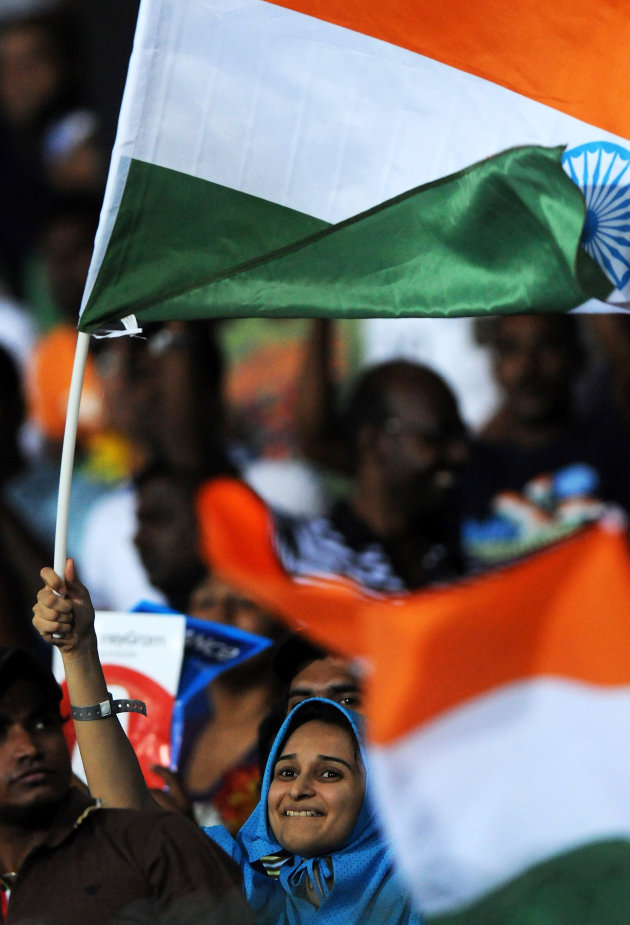
In a recent interview published in the 'Cities of Opportunity' report published by global consulting firm PricewaterhouseCoopers, N.R. Narayana Murthy, founder of Infosys takes a clear-eyed look at the challenges and opportunities that face a nation urbanizing at the rate of 20,000 new city dwellers a day.
"To bring prosperity to the vast majority of Indians," Murthy counsels, "we need to enhance our governance system, enhance our transparency and accountability, combat corruption, and enhance our infrastructure."
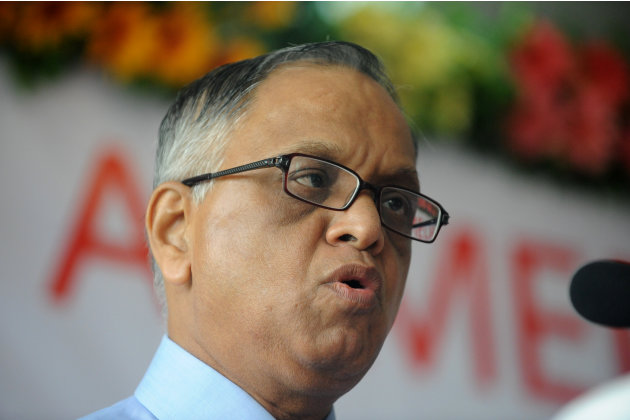
N.R. Narayana Murthy founded Infosys in 1981 and built it over three decades into a global software giant with 145,000 employees. Murthy, now chairman emeritus of Infosys, also serves on the boards of HSBC and the Ford Foundation.
In a recent interview published in the 'Cities of Opportunity' report published by global consulting firm PricewaterhouseCoopers, Murthy discusses India's urban challenges—and how to tackle them with the help of government reform, "huge foreign investment," and entrepreneurial dynamism.
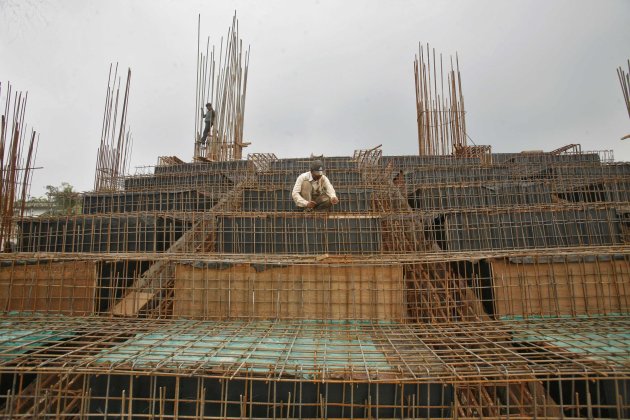
Q: India's economy is growing rapidly, its population is expanding at an extraordinary rate, and there's massive migration from the countryside to cities that are already overcrowded. How concerned are you about the stress all of this places on urban infrastructure such as roads, the water supply, and the electricity system?
Narayana Murthy's Answer: It's a big challenge, there's no doubt at all. The country is progressing very fast. We grew at 8.5 percent on average over the last five years. When the economy grows at this rate, it's only natural that there's huge pressure on infrastructure. Even though we've been building infrastructure, we're not able to keep pace with demand. That results in huge productivity losses and delays, mainly in urban areas.
(REUTERS/Jayanta Dey)
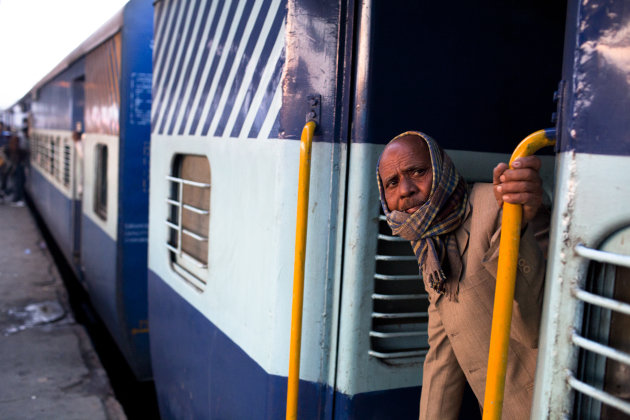
Where do you see the most acute strains?
Transportation takes an enormous amount of time. Our roads haven't been developed as quickly as our logistical demands require. Also, the average speed of our freight trains today must be about 40 mph, which is no speed in 2012.
We're not adding a lot more railway lines. We're not expanding roads or improving their quality.
When the economy grows at this rate, it's only natural that there's huge pressure on infrastructure. Even though we've been building infrastructure, we're not able to keep pace with demand. That results in huge productivity losses and delays, mainly in urban areas.
Continues on next slide…
(Text source: PwC I Photo by Daniel Berehulak/Getty Images)
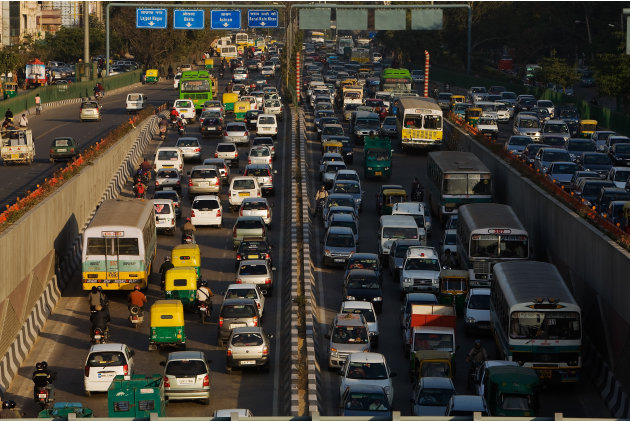
Continued from previous slide…
11 million two-wheelers, but the roads are not expanding. When I leave my home in south Bangalore at 7 a.m., it takes me only 20 minutes to drive to Electronics City [the industrial park in Bangalore where Infosys is headquartered].
But if I leave at 8.30 a.m., it takes an hour—and this is one of Bangalore's better roads. Before it was built, I'd spend two and a half hours waiting in traffic to come to the office or get home, and this is still the norm in many parts of this city and other Indian cities.
These traffic conditions reduce your productivity and waste your time, and you're not in a very good mood when you've just spent two and a half hours in traffic.
(Text source: PwC I Photo by Daniel Berehulak/Getty Images)
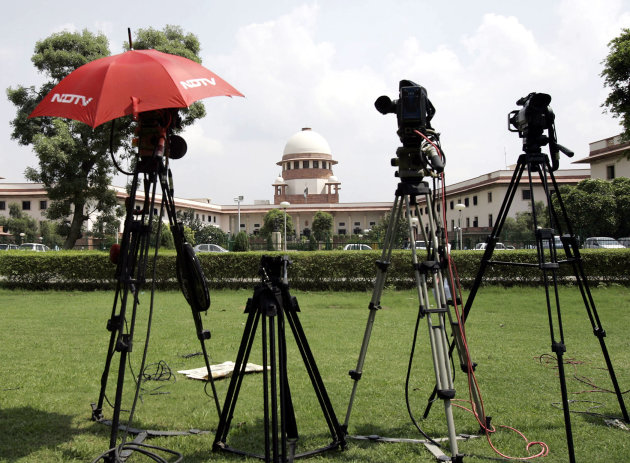
In Aravind Adiga's recent novel Last Man in Tower, an exasperated resident of Mumbai complains: "Look at the trains in this city. Look at the roads. The law courts. Nothing works, nothing moves; it takes ten years to build a bridge." Why do such things function so inefficiently in India's cities? Is there a cultural reason why Indians accept these frustrations?
Yes. Somehow, the staple diet of Indians is apathy. We see a problem and don't do much about it.
The government doesn't act with a sense of alacrity; there's so much legislation still pending with the parliament. What many countries take six months to complete, we most often take several years to do. Our nature, our natural pastime, is apathy.
My interpretation is that it's because we were under foreign rule for the last millennium, until we got independence from the British in 1947. We weren't in control of our destiny, so we weren't responsible for designing a better strategy for our society. It's natural for a nation like that to take a little time to bring back a sense of urgency, self-created destiny, and alacrity.
(Text source: PwC I AFP Photo)
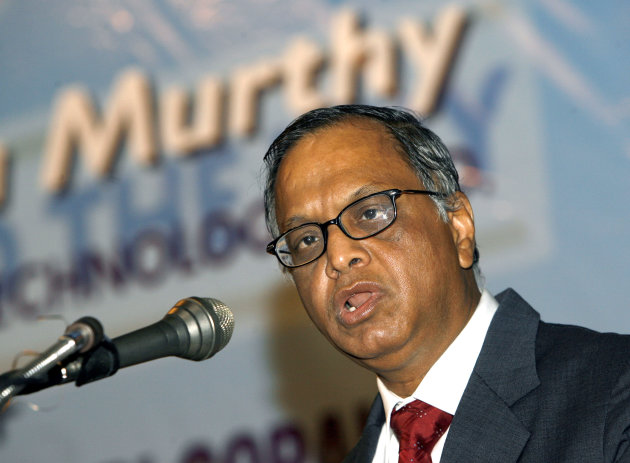
Is that what entrepreneurs like you have injected into Indian society?
I think so. I have a fetish for quick action because of the apathy I see around me. My children make fun of me: They say, "We shouldn't discuss anything with dad because he'll go ahead and do it immediately!"
But there are many people in the country, particularly in the private sector, who have now realized the importance of speed.
(Text source: PwC I AFP Photo/ Deshakalyan CHOWDHURY)
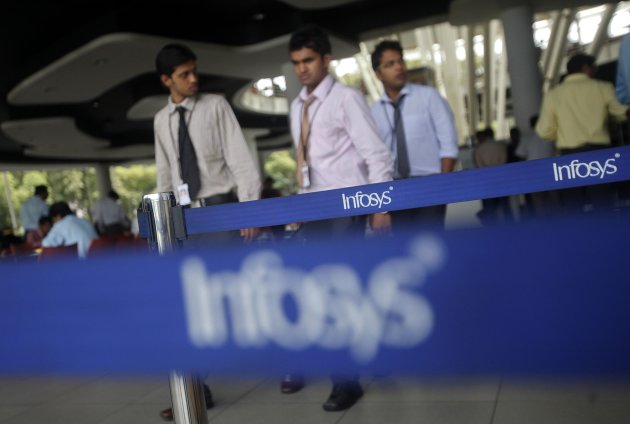
Over the last 20 years, much of India's progress has been driven by the dynamism of the private sector—not least in the technology industry, which has transformed Bangalore into the so-called "Silicon Valley of India." What should the government do to foster more entrepreneurship?
First, we have to enhance the quality of our higher education system by creating greater interaction with well-known universities in developed countries.
Second, we need regulations that attract the best venture-capital firms to India in even greater numbers.
Third, we have to create a business environment for entrepreneurs where there's very little friction created by bureaucrats. Today, it takes several days to even register a firm. And smaller entrepreneurs suffer under the tyranny of petty bureaucracy in terms of factory inspectors, tax inspectors, and so on. We need to shield them from this bureaucratic tyranny.
Fourth, we need to create an environment in which failure is not seen as highly negative. If you fail as an entrepreneur in the US, it is in many ways a badge of honor; we in India need to have the same mindset as in America.
So the movement of goods takes a long time. Similarly, our port infrastructure is not as developed as we'd like. The average time for clearance at our ports is several days, whereas it's several hours in many countries.
For India's economy to make sustained progress, we have to build good roads, build ports, bring efficiency to these systems, and also enhance our power capacity.
(Text source: PwC I AFP PHOTO/Manjunath KIRAN)
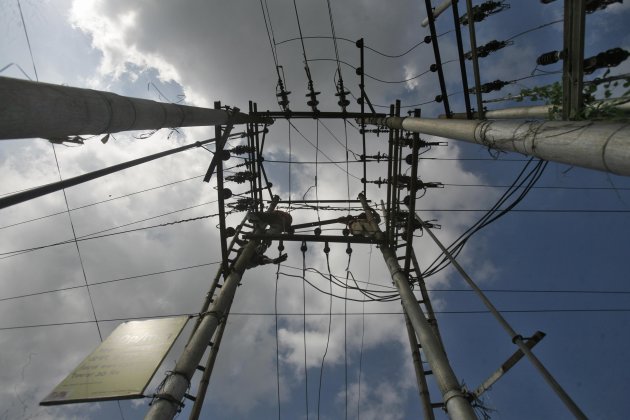
How well has privatization worked in addressing economic bottlenecks such as India's inadequate supply of electricity?
Power production is open to the private sector, but power distribution is still in the government's hands in most states, so it's not working that well. There are huge losses in transmission, and there's a lot of theft of electricity. Several state governments give free power to farmers, which is causing some strain, and the state governments aren't able to pay power manufacturers on time. So, it's a mixed bag.
Unfortunately, we've looked at this situation piecemeal, not holistically. The solution is to look at the entire supply chain and bring in the participation of the private sector.
(Text source: PwC I REUTERS/Jayanta Dey)
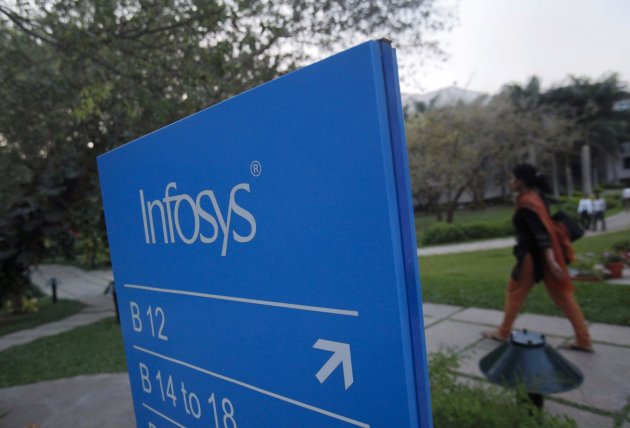
Does the success of technology companies like Infosys suggest that private enterprise is the most effective driver of economic progress in India, not the government?
The software industry is a good example of how the private sector can add tremendous value to the economy if the government takes a back seat and acts as a catalyst.
In our area, the government did a good job of promoting the Indian software industry abroad.
The moral of the story is that the government should become a catalyst, listening to the people in the trenches who are producing goods and services, then creating laws and rules that will make them more competitive.
(Text source: PwC I REUTERS/Vivek Prakash
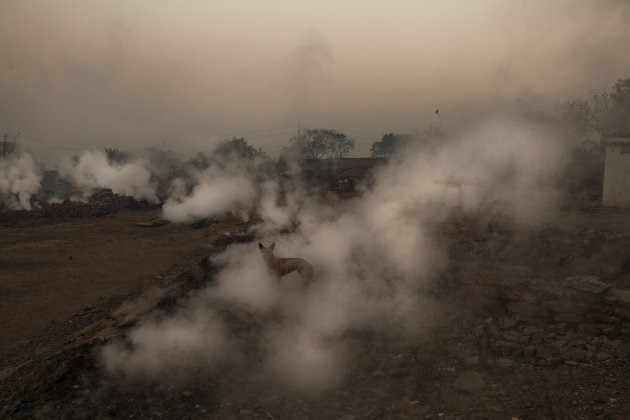
Thomas Friedman, author of The World is Flat, has written that India's government is failing to confront urgent issues like urban pollution and poor infrastructure. He warns: "As much as I'm impressed by the innovative prowess of India's young technologists, without a government to enable them with the roads, ports, bandwidth, electricity, airports, and smart regulations they need to thrive, they will never realize their full potential." Is he right?
Absolutely. India has done well to get to the current orbit. But to move to the next orbit, we need good leadership. To bring prosperity to the vast majority of Indians, we need to enhance our governance system, enhance our transparency and accountability, combat corruption, and enhance our infrastructure.
(Text source: PwC I Photo by Daniel Berehulak /Getty Images)
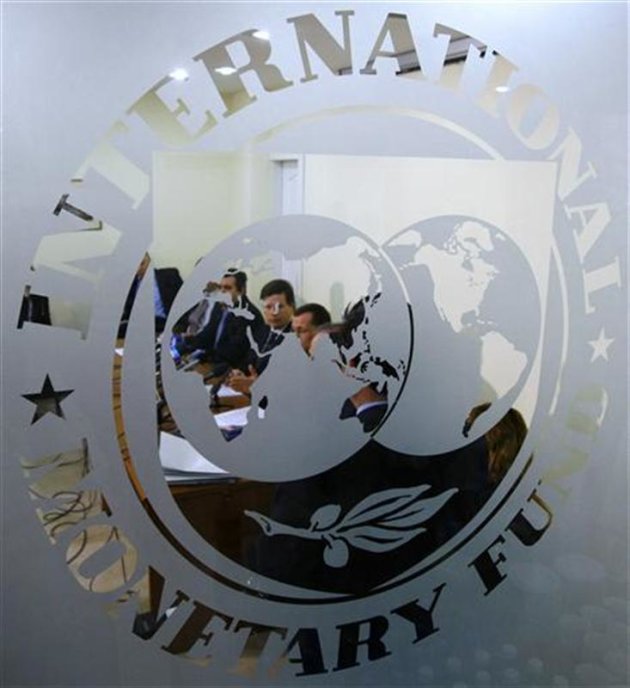
The government has called for $1 trillion in infrastructure spending. How can this be funded when India's finances are already stretched?
Developing nations like India need to seek huge foreign investment and huge debt from abroad to build our infrastructure, then make ourselves more productive and competitive on a global scale, sell more, then pay back these loans. There's no other model in the world. It's happening in some areas already: India's IT industry is very competitive. But it has to happen in many other industries.
(Text source: PwC I REUTERS/Bogdan Cristel)
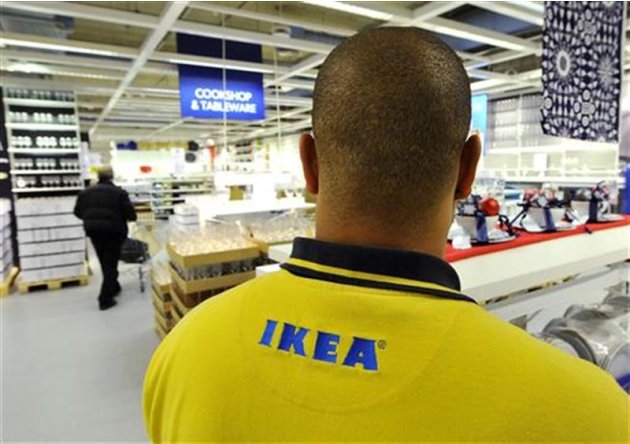
What advice would you give to foreigners looking to invest in India?
One of the drawbacks of our system is that the rules and regulations are not very transparent. They're not very explicitly written in simple English that can be understood by you and me in the same way. Therefore, there's an opportunity for misinterpretation by the bureaucracy—and, when there's an opportunity for misinterpretation, there's a possibility for rent-seeking. That's something that foreign investors don't like because they're used to open, clear rules. So, I'd advise foreign investors to use wellknown Indian lawyers and make sure these lawyers look very carefully at whatever contracts they're writing, and also look at all the previous case studies.
(Text source: PwC I REUTERS/Toby Melville)
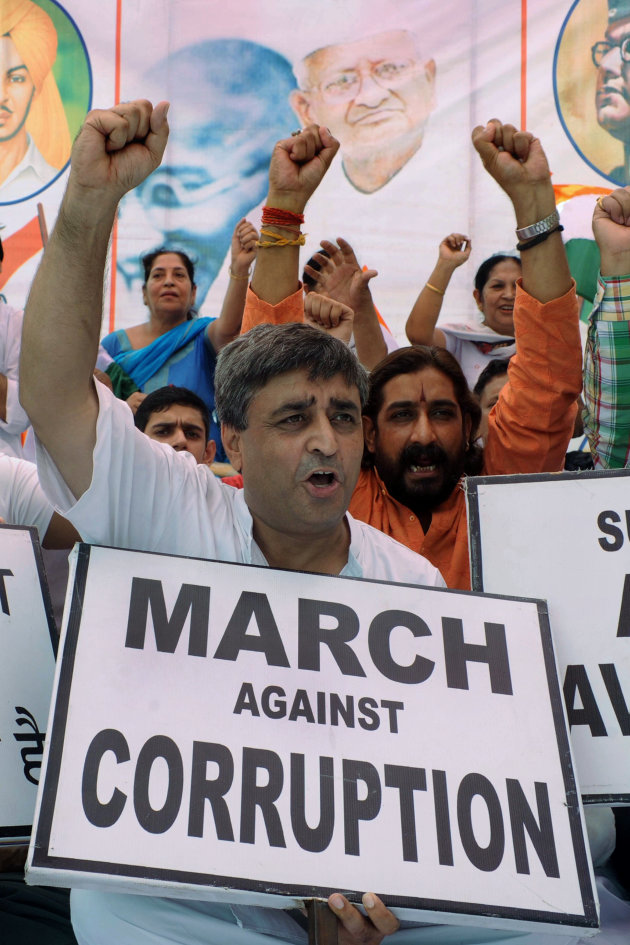
Some foreign investors are also scared that corruption may still be too pervasive in India. How hard is it to avoid corruption?
In fairness, at Infosys, we've not paid a single cent in bribes in the last 30-odd years of our existence. India has done well to get to the current orbit. But to move to the next orbit, we need good leadership. To bring prosperity to the vast majority of Indians, we need to enhance our governance system, enhance our transparency and accountability, combat corruption, and enhance our infrastructure.
Therefore, I do believe it's possible to do business with the government without any bribery as long as you're willing to accept a certain delay in the processing of applications and approvals. And if you demonstrate that you're not going to give any bribes the first time, the second time they won't ask you. So my advice to any foreign investors is to be firm in being honest and not succumbing to any such bribery situations the first time; the second time, you won't have to worry about it.
(Text source: PwC I AFP PHOTO/NARINDER NANU)

One growing challenge is urban pollution, not only in megacities like Mumbai, but in lesser-known cities like Kanpur and Ludhiana, which both rank very high in lists of the world's most polluted places. Is the government addressing these environmental concerns—for example, by embracing alternative energy?
The government has created incentives in wind power, solar power, and biomass, but the majority of our power comes from coal, and that's not good for the environment. We've been trying to install nuclear power, but there's been a lot of opposition because of what happened in Japan. I wouldn't fault our government on its enthusiasm for making alternative energy more popular.
But the reality is that we'll continue to use more and more coal for quite a few years—and we're also adding automobiles like there's no tomorrow, which causes tremendous damage to the environment.
(Text source: PwC I Photo by Andreas Rentz/Getty Images)
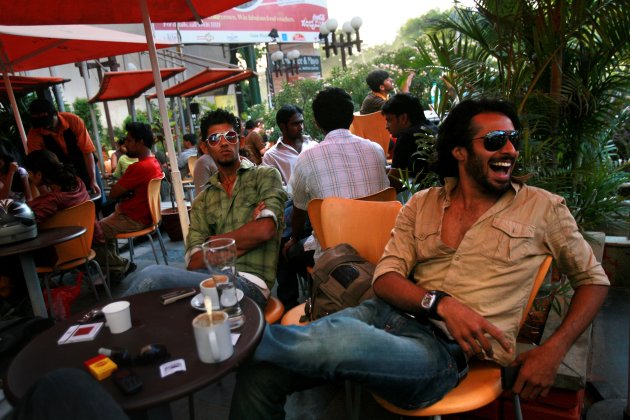
India has made spectacular progress over the last 20 years. When you look at the next 20 years, what makes you hopeful?
I've seen a new sense of confidence and hope amongst Indians in the last 12 years as they've watched our country moving forward, our GDP growth rates increasing, our software companies succeeding, our banks becoming smarter and smarter.
Therefore, even though we have problems, there's confidence today that we'll be able to solve them— if not tomorrow, then at least the day after. That's the biggest transformation I've seen in the psyche of India. This confidence is extremely important for a nation on the go.
(Text source: PwC I Photo by Uriel Sinai/Getty Images) 



































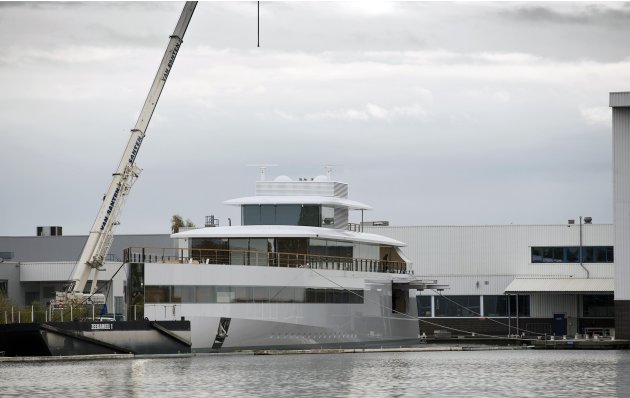
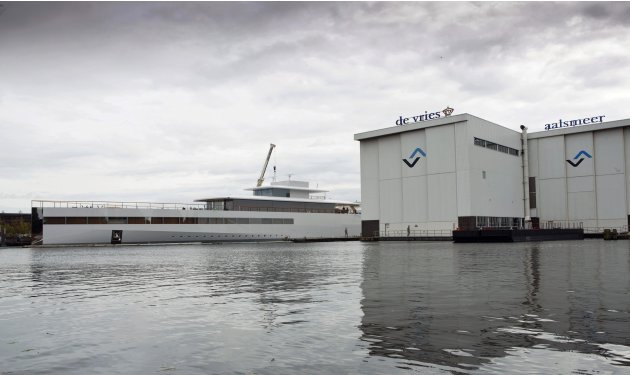
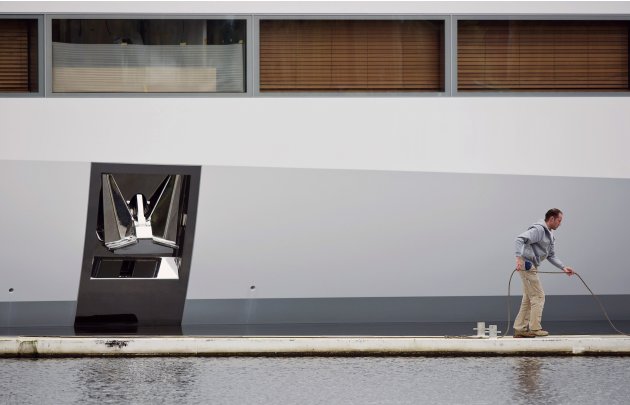
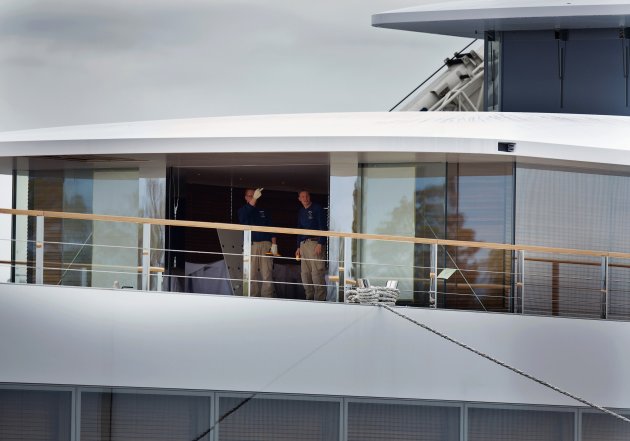
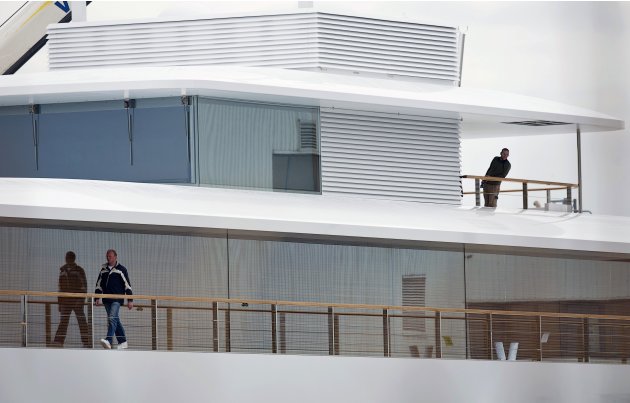
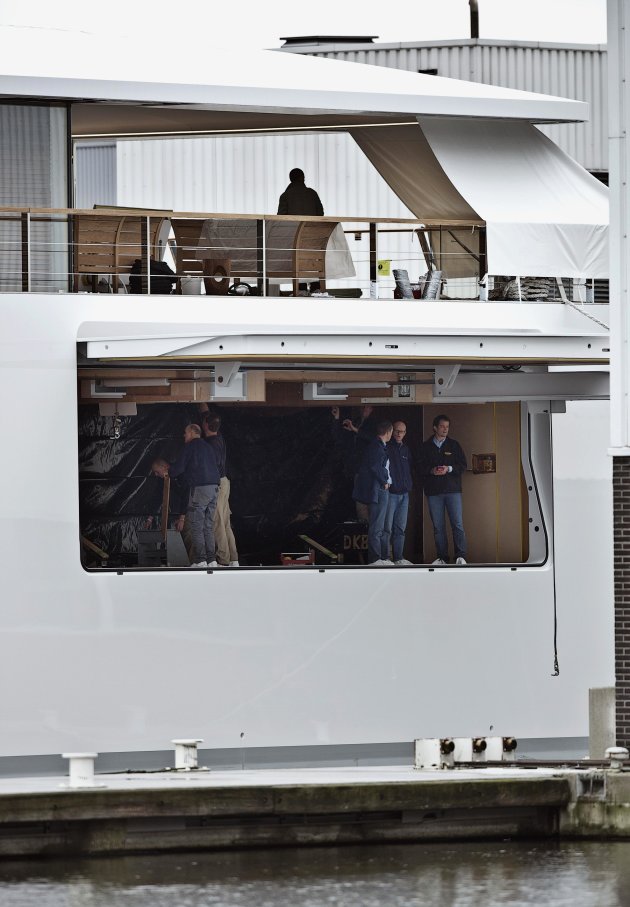
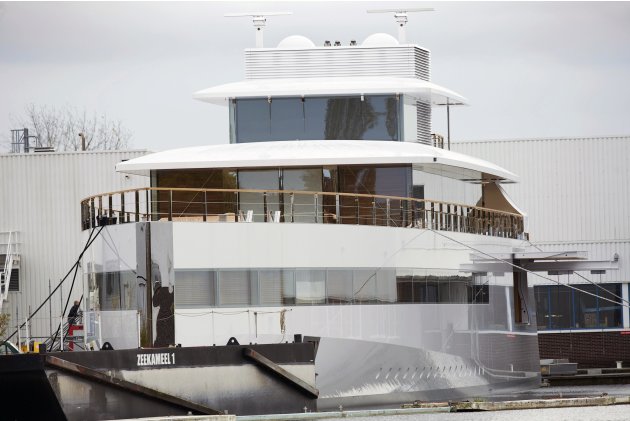



.jpg)